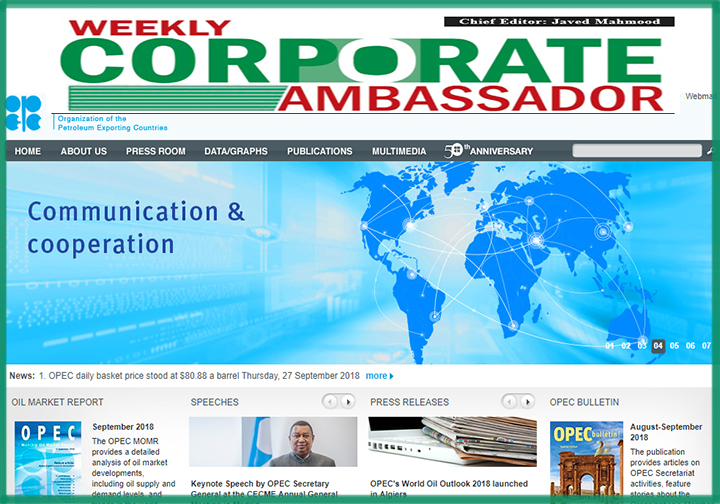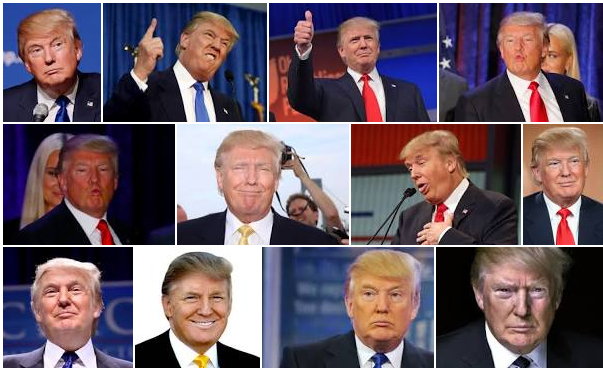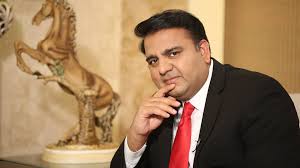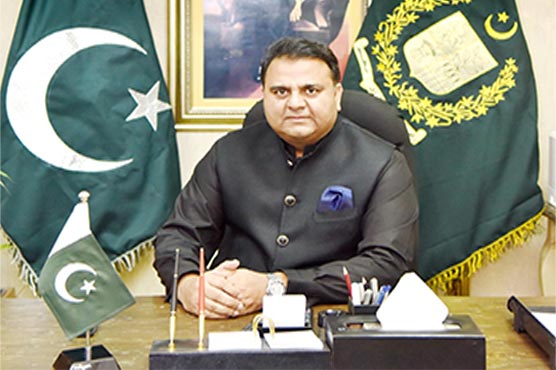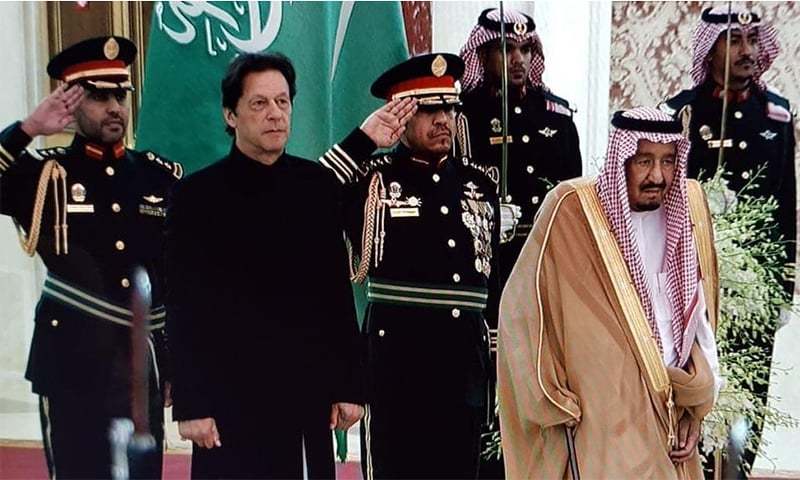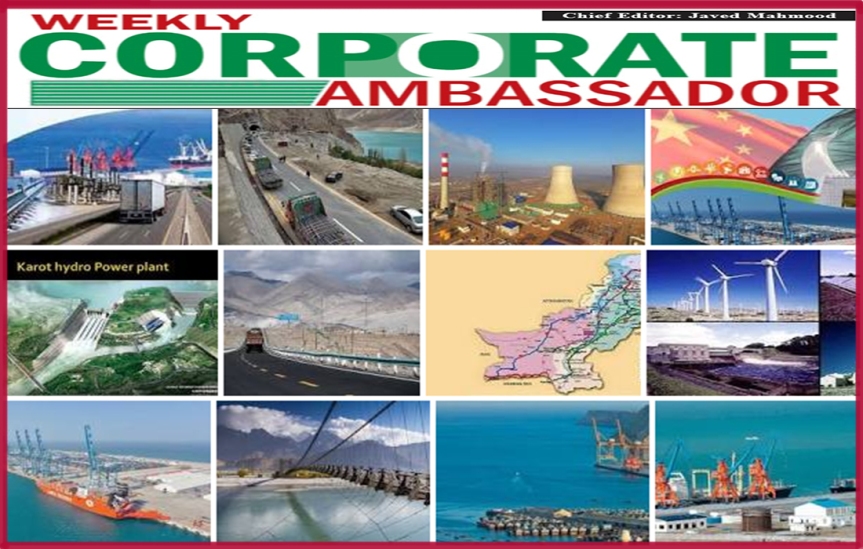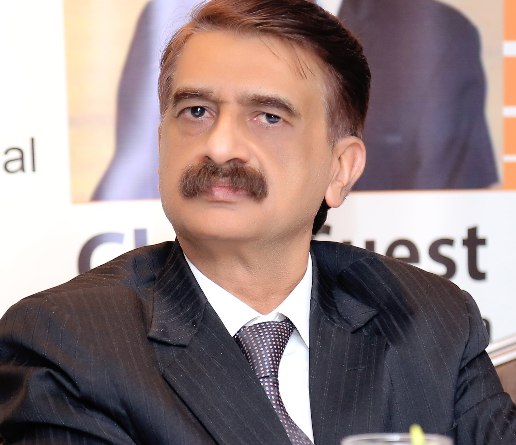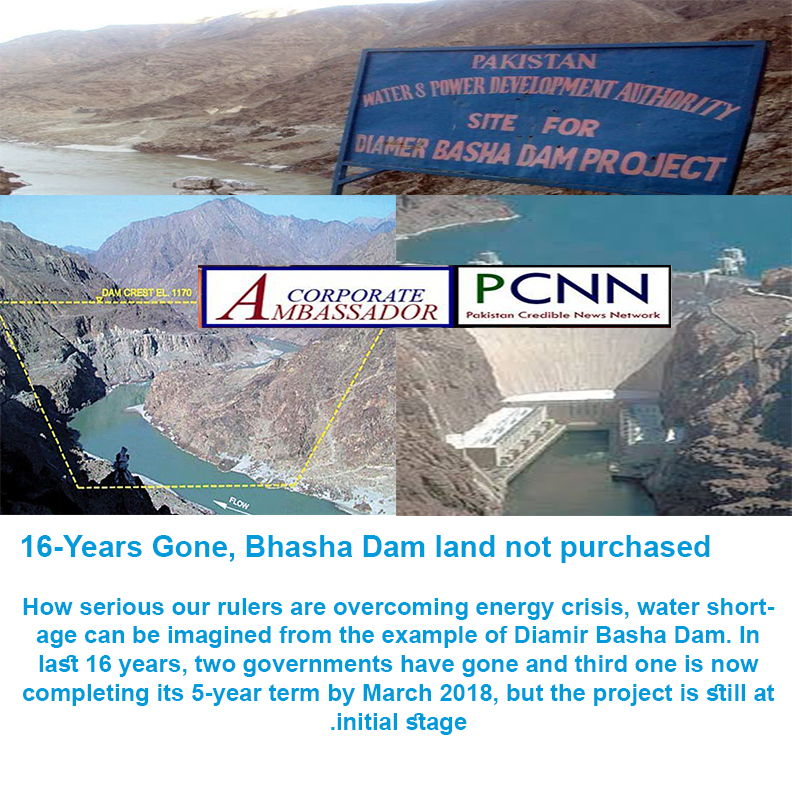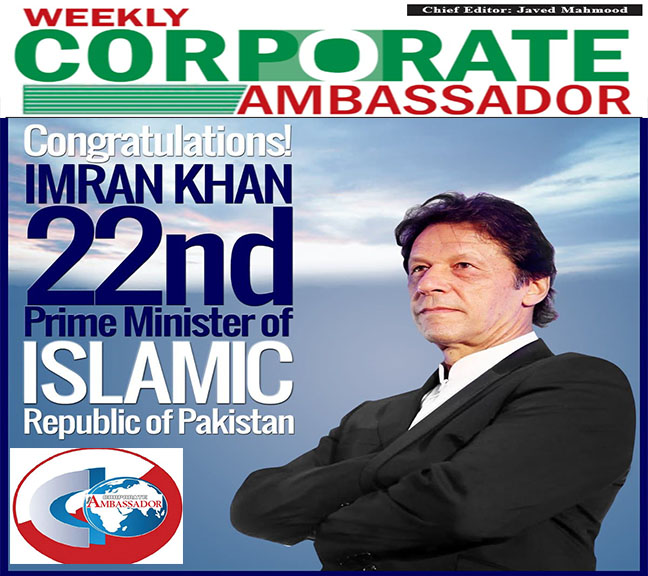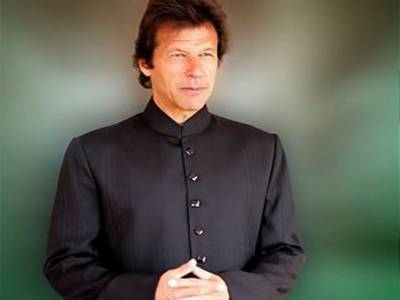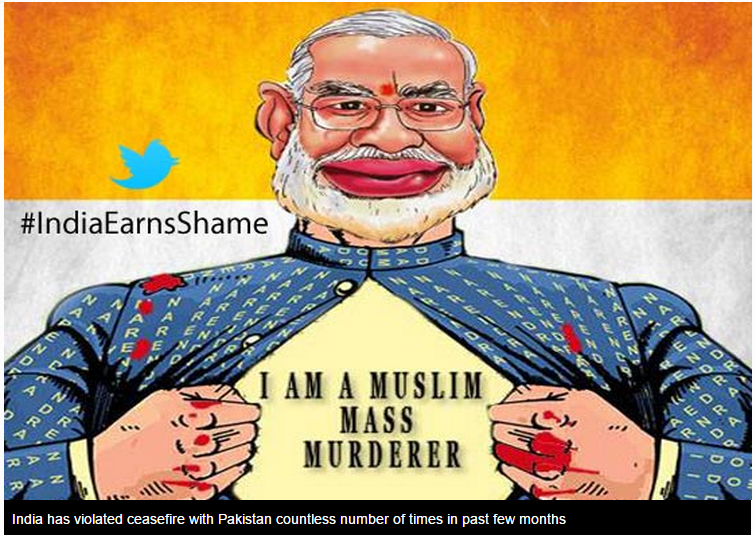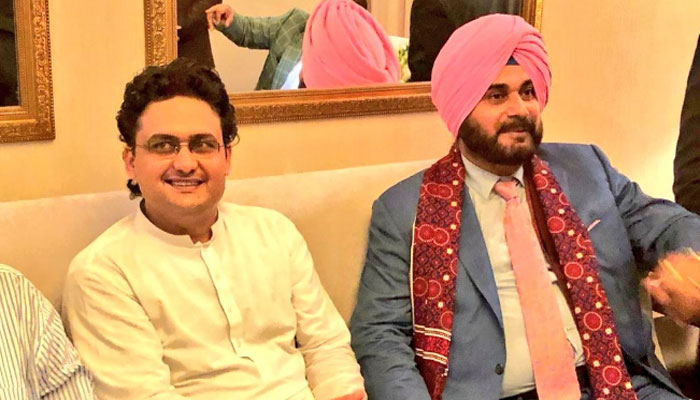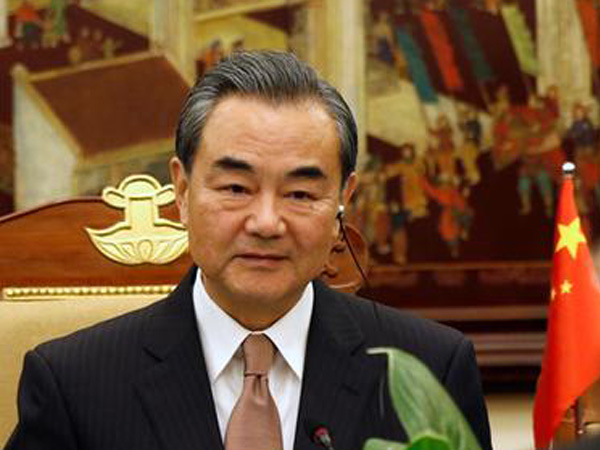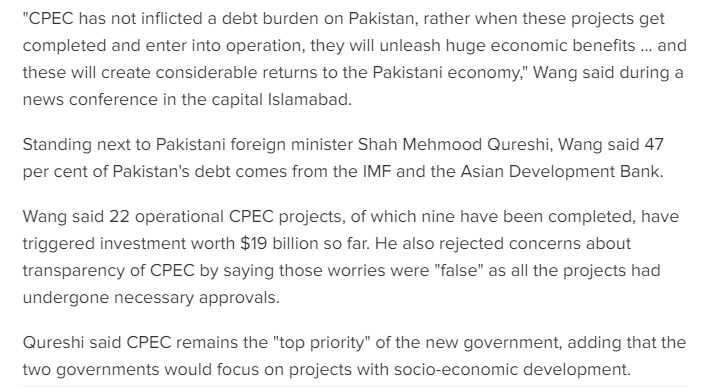Now a small company with a paid-up capital of one hundred thousand can be registered at the cost of only 1,500 rupees. As a result of an agreement with the FBR, one-window service has been started. Now with its registration, the company automatically gets its national tax number
Corporate Ambassador/ISLAMABAD: Total number of companies registered with the Securities and Exchanges Companies (SECP) has increased to 87,620 so far. In the financial year 2017-18, the SECP registered 11,370 companies, indicating a growth of 37% over 2016-17. The report has revealed that 558 companies with total paid-up capital of Rs1,297.375 billion are listed on the Pakistan Stock Exchange. The market capitalization stood at Rs8,665 billion on June 30, 2018.
The SECP has pointed out this in its annual report for the financial year 2017-18 issued on Sept 28, 2018. The report has detailed various measures that the organization has taken to promote the corporate sector, capital market, non-banking financial sector and insurance sector. The report has also mentions the efforts that the SECP has made to promote ease of doing business, reduce cost of doing business and leverage technological advances for making its services easily accessible.
Speaking on the occasion, Shaukat Hussain, the SECP chairman, said that the regulatory framework has further been strengthened during the year. “We did our best to proactively facilitate business growth, accelerate private capital formation, improve access to formal financial products and interlink the capital markets with the real economy,” he added.
He further said that we have to reach out to our regulated entities and market participants on a proactive basis. Decisions should be made, processes implemented and regulations enacted based on an active dialogue and thorough understanding of the underlying business realities to create markets that support capital formation, economic prosperity, level playing field, transparency and removal of arbitrary and subjective decision-making. “We vow to continue to take the right initiatives in this regard.”
The report has also outlined the SECP’s future plans. It says that dedicated efforts will be made for continued development of the capital markets by trying to foster a deeper linkage and connectivity with the real economy. We also plan establishing state-of-the-art facilitation centers at CROs in Karachi, Lahore and Islamabad, implementing the Companies (General Provisions and Forms) Regulations and Foreign Companies Regulations. In order to provide Shariah-compliant alternatives to investors, Shariah-compliant financing services are being designed in coordination with NCCPL. Efforts are also underway to introduce a Shariah-based trading platform at PSX.
The salient features of the report are:
•
•Several steps were taken to make incorporation easier. Time for online registration has been reduced to four hours. Now a small company with a paid-up capital of one hundred thousand can be registered at the cost of only 1,500 rupees. As a result of an agreement with the FBR, one-window service has been started. Now with its registration, the company automatically gets its national tax number.
•The KSE 100 index began the year at 44,665.41 points and closed at 41,910.90 on June 30, 2018, i.e., registering a decrease of almost 7% since the beginning of the year. The index touched its lowest level, i.e. 37,919.42 on December 19, 2017, and reached its highest level of 47,084.34 on August 3, 2017. The average daily turnover recorded on June 30, 2018 was 174.532 million shares.
•The Centralized Customer Protection and Compensation Fund replaced the Investor Protection Fund of PSX. The fund is operational, offering adequate safety net to investors trading in our capital market against broker default. The PSX was granted a license to operate as a futures exchange under the Futures Exchanges (Licensing and Operations) Regulations, 2017.
•The SECP approved futures commodity contracts that include Brent crude, crude oil (1,000 barrels), copper (25,000 pounds), silver (5,000 oz) and international cotton (50,000 pounds), which were launched at PMEX.
•As of June 30, 2018, the asset size of the NBF sector stood at Rs1,228 billion as compared to Rs1,196 billion on June 30, 2017, reflecting an overall increase of 2.70%.
•Five companies, including two modarabas offered shares/modaraba certificates to the public as compared to four companies last year. New capital of Rs6.48 billion was listed in FY-2018 as compared to Rs11.651 billion in FY -2017.
•As of June 30, 2018, 25 microfinance institutions had been successfully licensed with total assets of Rs97.17 billion.
•The IOSCO has upgraded Pakistan’s compliance rating in 10 out of 14 of its principles. Pakistan’s compliance went up from 62% in 2015 to 83% in 2017.
•In 2017, premium revenue of life insurers and non-life insurers grew by 18% and 12% respectively. The life insurance sector underwrote premium of Rs213.6 billion, and non-life insurance sector recorded premium of Rs94.8 billion.
